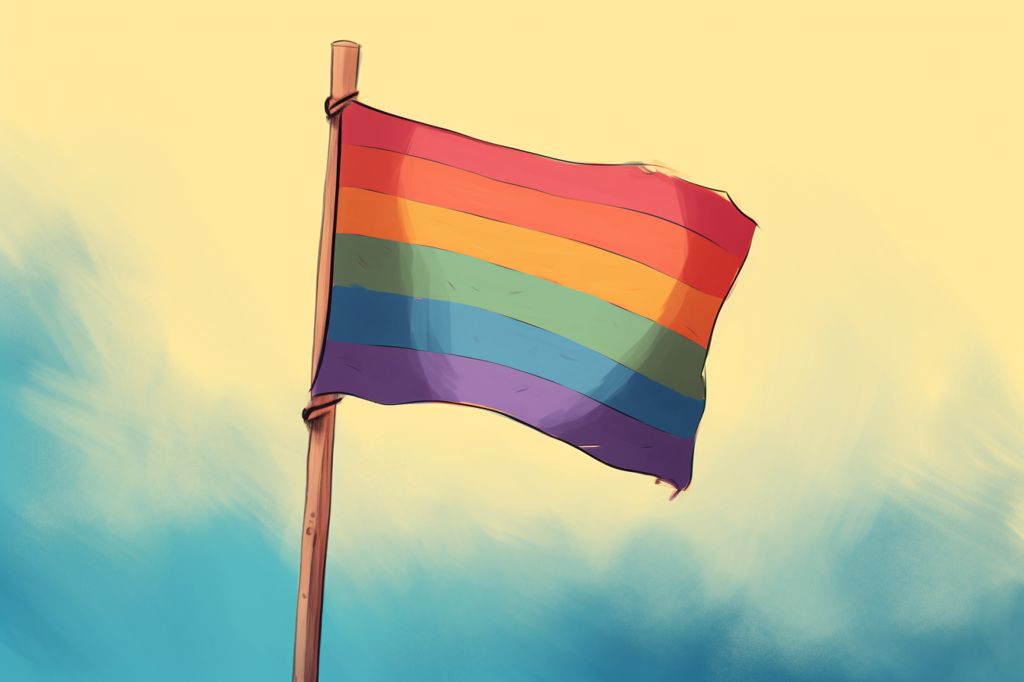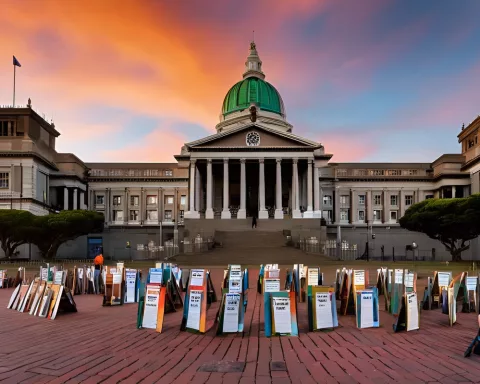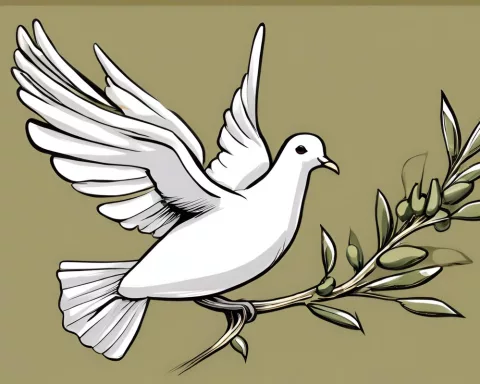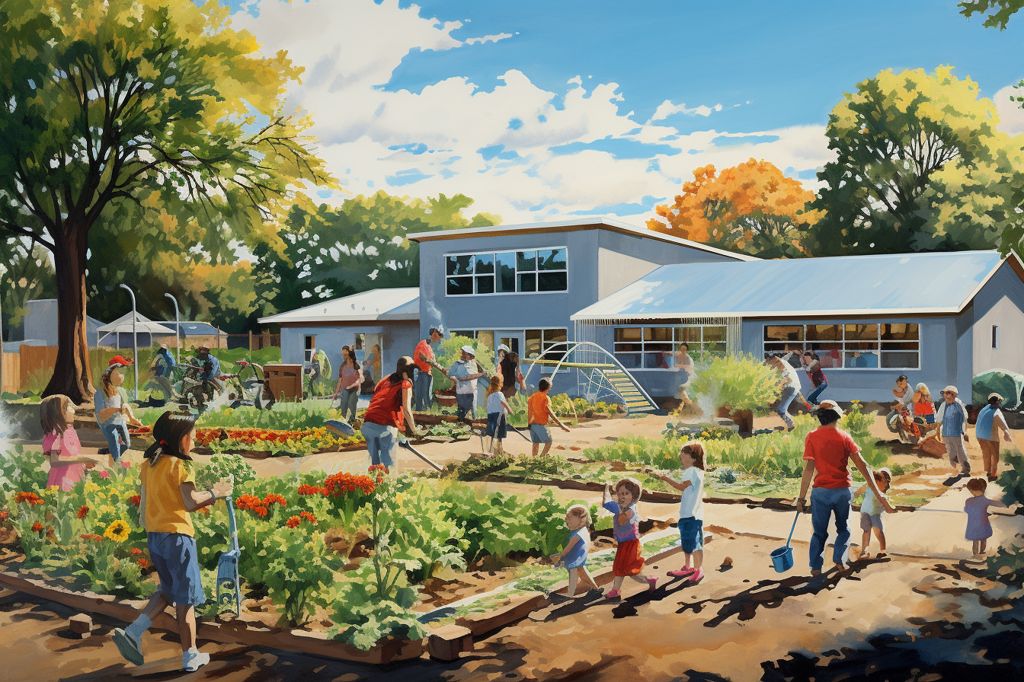Malawi, a southern African nation, has witnessed widespread protests against LGBTQ+ rights. Organized by the Catholic Church and other religious groups, thousands of protesters took to the streets in major cities, including Lilongwe, Blantyre, Mzuzu, and Zomba. The demonstrations, which brought together approximately 5,000 protesters, were simultaneous and aimed to oppose homosexuality. This protest came amidst an ongoing court case challenging the constitutionality of the country’s laws on homosexuality.
Protesters and their Demands
Archbishop Desmond Tambala led the protestors in Lilongwe as they marched through the city, carrying placards and eventually presenting their petition to lawmakers outside of parliament. Sheikh Dinala Chabulika of the Muslim Association of Malawi read the petition aloud, stating that homosexuality is against the nation’s beliefs. Reverend William Tembo of the Malawi Council of Churches added that same-sex relationships are “strange” and Malawi is unprepared to accept such “unfamiliar phenomena.” The protesters urged President Lazarus Chakwera, a former evangelical preacher, to resist any pressure to legalize same-sex marriage. Government spokesman Moses Kunkuyu assured the demonstrators that their concerns would be taken into account by the administration.
The Court Case and Current Legal Status
The protest coincides with a constitutional court case involving Jan Willem Akstar, a Dutch NGO worker, and Jana Gonani, a local transgender woman. Both are seeking to overturn bans on same-sex marriage and gay sex, arguing that these restrictions violate their rights to privacy and dignity, among others. In Malawi, engaging in gay sex is a criminal offense that carries a punishment of up to 14 years in prison.
Both Akstar and Gonani have faced charges under the colonial-era legislation that outlaws sodomy. Gonani received an eight-year prison sentence in 2021, while the 51-year-old Akstar is currently on trial, facing additional charges of sexual abuse related to his work with a financial aid charity in Blantyre. Their cases have now been combined and presented before the constitutional court, with hearings set to begin next week.
Notably, Malawi’s justice ministry issued a moratorium on arrests and prosecutions for consensual homosexual acts in 2012. However, the High Court suspended the order in 2016, pending a judicial review.
The Future of LGBTQ+ Rights in Malawi
The outcome of the current court case and the impact of the recent protests on the legal status of homosexuality in Malawi remain to be seen. These events serve as a stark reminder of the ongoing struggle for LGBTQ+ rights and acceptance in different parts of the world. The case of Malawi demonstrates how deeply rooted beliefs and cultural norms can pose significant challenges to progress. As the constitutional court prepares to hear the cases of Akstar and Gonani, the world watches, and the future of LGBTQ+ rights in Malawi hangs in the balance.












